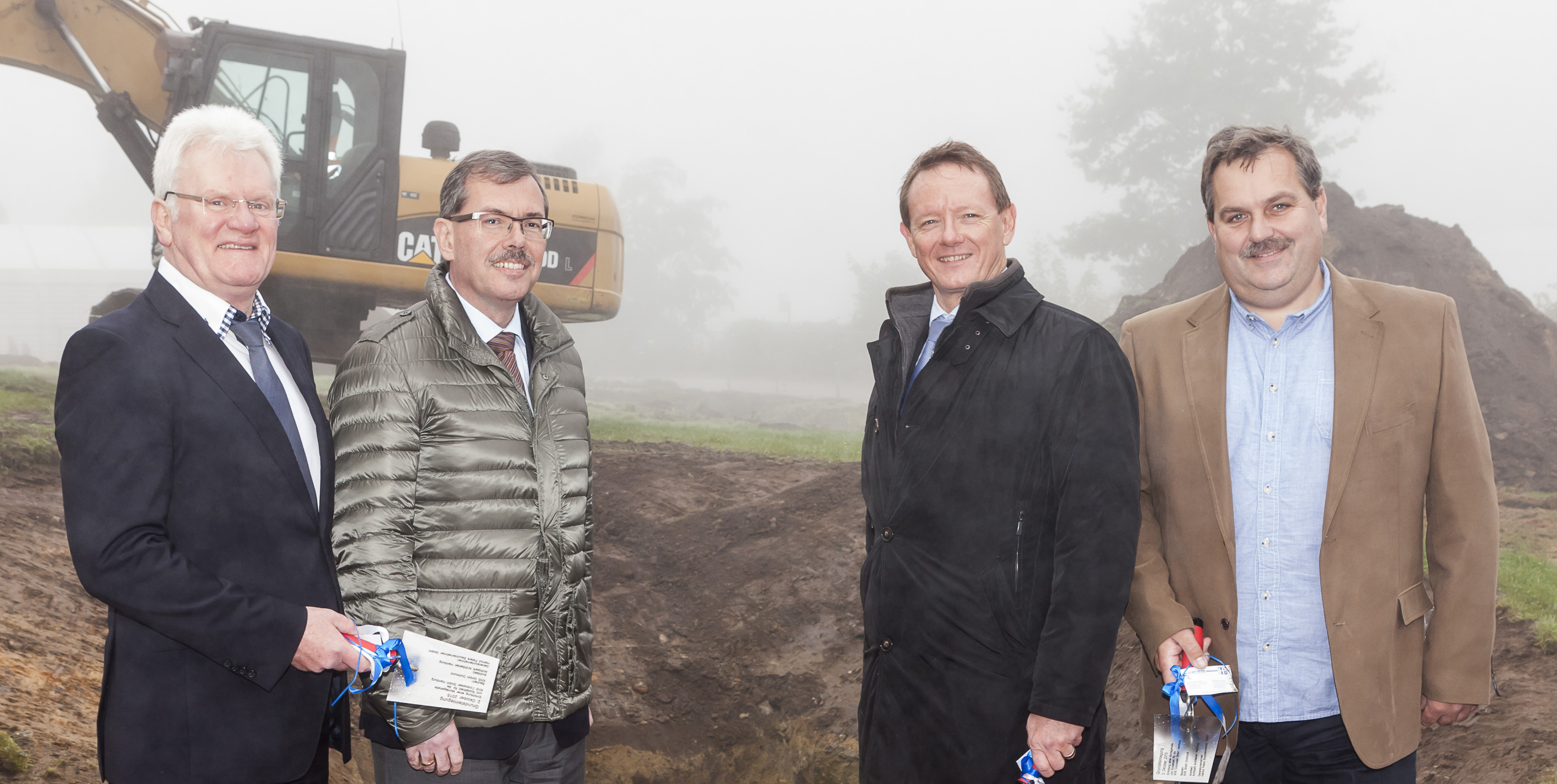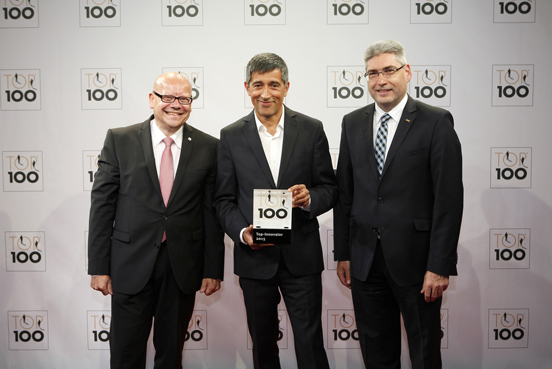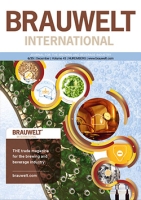For several decades Boon Rawd Brewery in Thailand has relied on KHS as its partner for innovative filling and packaging technology. Only recently the company invested in no fewer than three water filling systems. One KHS PET line went to the bottling plant in Wang Noi in the center of Thailand, with a PET and a glass line being delivered to the Surat Thani site in the south of the country.
In Part I of this series of articles, classical haze formers in beer as well as methods for identifying them are described. Carbohydrate-based haze, filtration aids, calcium oxalate crystals and microbiologically induced haze are discussed, using actual case studies. Other haze problems that may arise, in particular in beer-based drinks or other alcoholic and non-alcoholic mixed beverages, are also addressed. This all with the aim of getting an insight into the multifarious interactions between individual components and obtaining a better understanding of the causes of (unwanted) haze.
Groundbreaking ceremony for long-term corporate development: the KHS Group, a manufacturer of filling and packaging systems, began building a new production shop at its site in Hamburg, Germany, at the end of September 2015. With it Group companies KHS Corpoplast GmbH and KHS Plasmax GmbH will gain an extra 2,500 sqm.
KHS GmbH can look back on a very successful business year: in 2014 the manufacturer of filling and packaging systems for the beverage, food and non-food industries increased its sales by 5.8% to EUR 1.08 billion. This was chiefly thanks to the expansion of its service business which the company is continuing to build up this year. With many innovations KHS also cemented its position as one of the market and technology leaders in the last year.
On 26 June 2015, the KHS Group, an international manufacturer of filling and packaging systems was rewarded for its successful innovation management at the 2015 German SME Summit [Deutscher Mittelstands-Summit] in Essen. The Top 100 Award was ceremoniously presented to the company during a festive event staged at the Colosseum Theater.
Krones AG, Neutraubling, Germany, one of the world’s leading manufacturers of beverage filling and packaging technology, has purchased a 100 % stake in the Gernep Group, Barbing, Germany. As an international vendor of labellers in the low and medium output ranges, Gernep offers customised solutions. Besides the beverage industry, the company’s principal markets are food, cosmetics and pharmaceuticals. Krones is thus strengthening its activities in these market segments.
Krones, the leading manufacturer of beverage filling and packaging technology, has acquired a 51% stake in Till GmbH, Hofheim, a German company located in the state of Hesse. Established in 2011 the technology company develops systems for direct digital decoration of containers. The remaining 49% of the shares are held by the company’s founders, who will continue to play an active role in the company. Till GmbH machines are modular in design and suited for high-speed applications in the beverage industry and other sectors.
Several hundred aroma substances interact to contribute to forming beer flavour. Manifest off-flavours, also perceivable by consumers, reduce drinking pleasure and, at the same time, diminish acceptance of a beverage and can seriously affect the image of a brand. In BRAUWELT International no. 3, 2014, pp. 157-158, the fundamentals as well as various aroma substances were discussed in some detail. Results are presented in this Part 2.
To meet the growing demand for bottled water in the Saudi Arabian market, Health Water Bottling Company (HWB), a leading bottled water supplier in Saudi Arabia, has recently acquired a complete PET line from Sidel which will boast one of the fastest turnover rates in the world. With the new technologically advanced line, which embraces the last generation of Sidel Matrix™ equipment, HWB will be producing PET water bottles in 330 ml and 600 ml formats at a speed of 134,000 bottles per hour by February 2015.
The brewing process is inherently energy and water intensive. In the second part of this publication, the process parameters that affect environmental performance in the brewhouse and cellar sections are analysed in order to provide brewers with some guidance when they evaluate proposals for energy and water saving projects. The boiler house, cooling equipment and water treatment units are not included in this study because these topics are extensively covered already in other publications.
Beverage packaging has to be economically and ecologically feasible. Sustainability, flavor stability and consistent product quality are key to success in times of increasingly fierce competition. This applies to the entire process chain in brewing – right down to “the last mile” to the customer.






